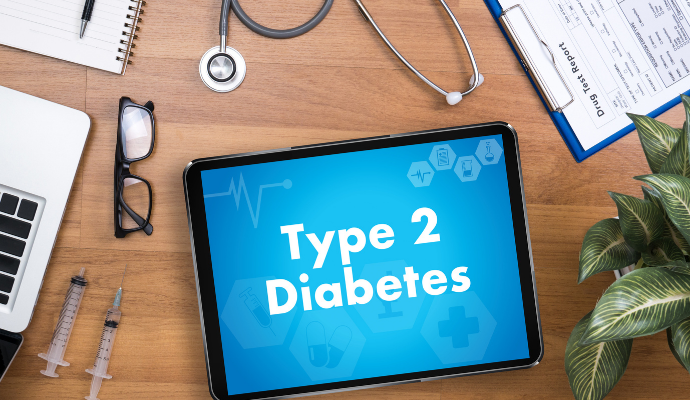FDA Approves Eli Lilly and Company’s Type 2 Diabetes Injectable
In five clinical trials that evaluated three different doses of Eli Lilly’s Mounjaro, the drug improved blood sugar and was more effective than other types of 2 diabetes therapies.

Source: Getty Images
- FDA recently approved Eli Lilly and Company’s Mounjaro (tirzepatide) injection to improve blood sugar control in adults with type 2 diabetes as an addition to diet and exercise.
Mounjaro is a first-in-class medicine that activates both the GLP-1 and GIP receptors, which leads to improved blood sugar control. Mounjaro is administered by injection under the skin once weekly, with the dose adjusted as tolerated to meet blood sugar goals.
FDA based its approval on five clinical trials that evaluated three different doses of Mounjaro at 5, 10, and 15 mg. Overall, the drug improved blood sugar and was more effective than other diabetes therapies in the trials, including a GLP-1 receptor agonist and two long-acting insulin analogues.
On average, patients randomized to receive the maximum recommended dose of Mounjaro (15 mg) saw their hemoglobin A1c (HbA1c) level lower by 1.6% more than placebo when used as a standalone therapy and 1.5% more when used in combination with a long-acting insulin.
In trials comparing the drug to other diabetes medications, the maximum recommended dose of Mounjaro lowered patients’ HbA1c by 05.% more than semaglutide, 0.9% more than insulin degludec, and 1% more than insulin glargine.
The average weight loss with Mounjaro was 15 pounds more than placebo when neither were used with insulin and 23 pounds more than placebo when used with insulin.
And the average weight loss with the maximum recommended dose of Mounjaro was 12 pounds more than semaglutide, 29 pounds more than insulin degludec, and 27 pounds more than insulin glargine.
“Given the challenges many patients experience in achieving their target blood sugar goals, today’s approval of Mounjaro is an important advance in the treatment of type 2 diabetes,” Patrick Archdeacon, MD, associate director of the division of diabetes, lipid disorders, and obesity in the FDA’s Center for Drug Evaluation and Research, said in the announcement.
FDA noted that Mounjaro causes thyroid C-cell tumors in rats. But it is unknown whether Mounjaro causes such tumors, including medullary thyroid cancer, in humans. And patients with a history of medullary thyroid cancer or with Multiple Endocrine Neoplasia syndrome type 2 should not take the drug.
